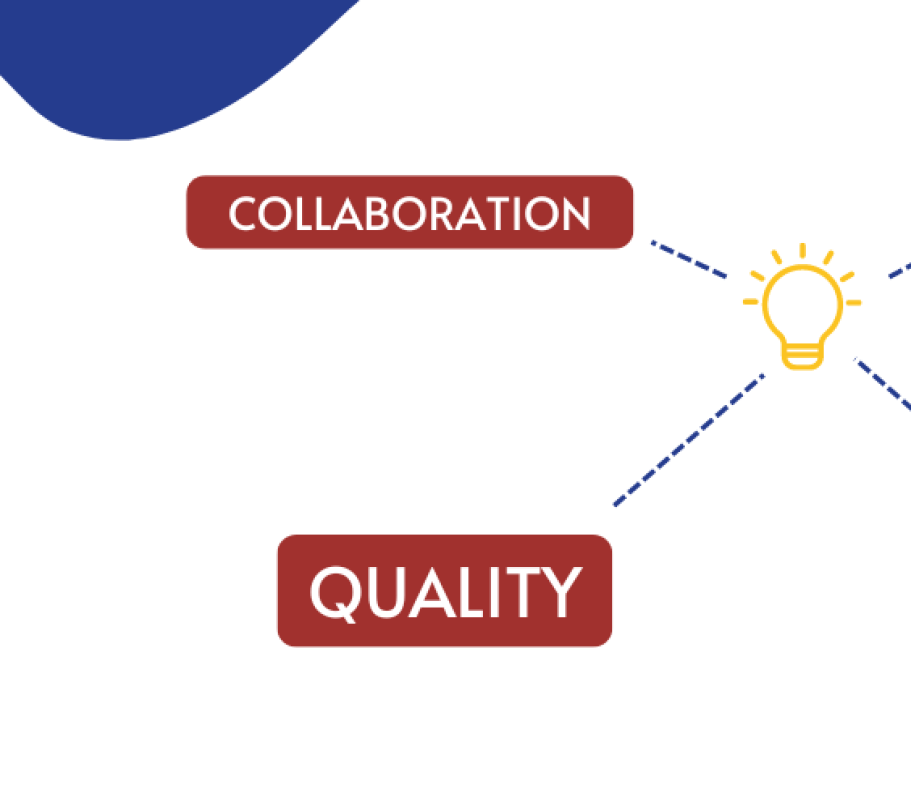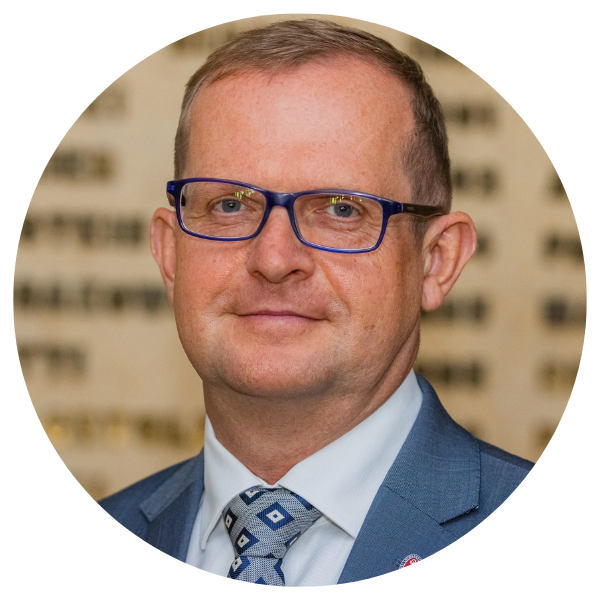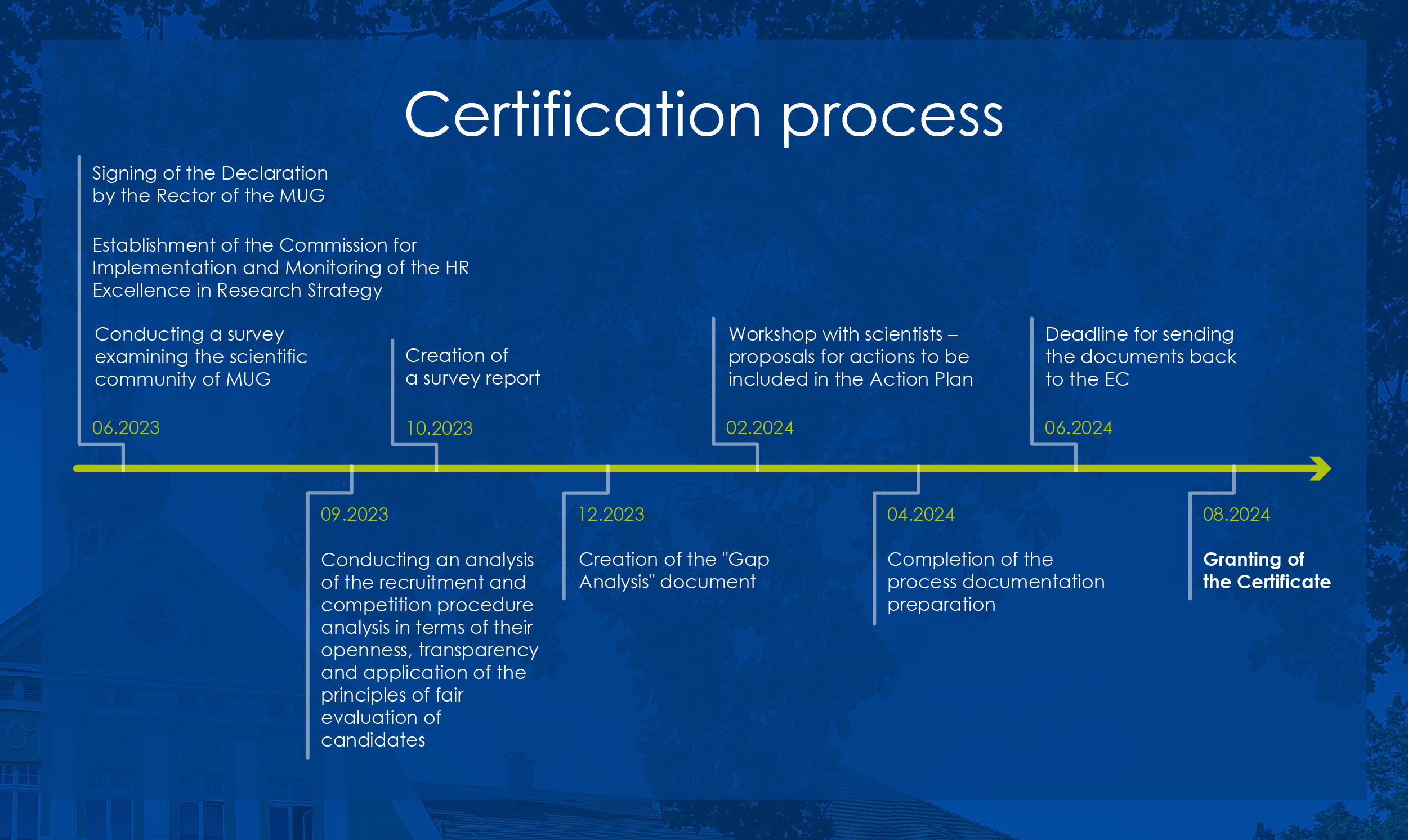Human Resources Strategy for Researchers (HRS4R)
The HR Strategy for Researchers (HRS4R) exists to support research institutions in implementing the principles of the European Charter for Researchers and the Code of Conduct for the Recruitment of Researchers into their daily practices and internal policies.
The European Charter for Researchers describes the rights and obligations to which researchers and the institutions that employ them are subject, while the Code of Conduct for the Recruitment of Researchers contains rules for the recruitment of researchers that employer institutions should follow to ensure equal treatment for researchers recruited in Europe.
The Medical University of Gdańsk has been awarded the HR Strategy distinction and the HR Excellence in Research symbol. The European Commission certificate was awarded on 30 August 2024.
The implementation of the principles from the Charter and Code by research institutions makes them more attractive to researchers looking for a new employer or host for their research project, and promotes units in national and international grant competitions.
Institutions that effectively implement all the principles of the Charter and the Code are awarded the HR Excellence in Research Award by the European Commission, which highlights the commitment to implementing fair and transparent procedures for recruiting and evaluating researchers.
The assumptions of the HR Strategy for Scientists are described in detail on the European Commission’s website.
– Obtaining the HR Certificate is of crucial importance for the Medical University of Gdańsk. The introduction of standards related to the recruitment of researchers according to the HR Excellence for Research model will increase the prestige of the university as a scientific institution, creating the best working conditions for researchers in the implementation of research and development activities – explains Prof. Michał Markuszewski, Vice-Rector for Science, heading the project team. – MUG joining the distinguished institutions will have a real impact on the daily work, comfort and development of the scientific community and the improvement of working conditions at our University.


